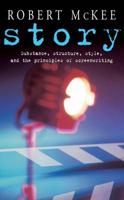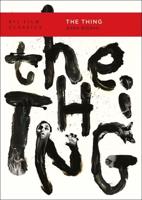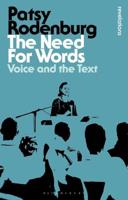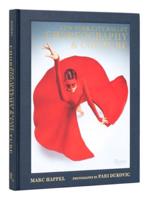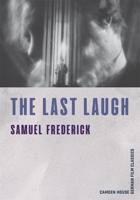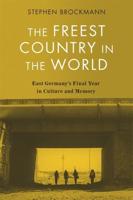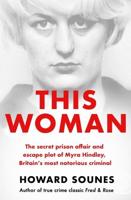Publisher's Synopsis
Alfred Hitchcock is not often associated with a social justice movement. But in 1956, the world's most famous director focused his lens on an issue that cuts to the heart of our criminal justice system: the risk of wrongful conviction. The result was The Wrong Man, a wrenching and largely overlooked drama based on the false arrest of Queens musician Christopher "Manny" Balestrero. Despite a detective's assurance that the innocent have "nothing to fear," Manny and his family faced ruin from false charges that he twice robbed an insurance office. Aspiring to documentary-like authenticity, Hitchcock and his team meticulously recreated one man's odyssey through the corridors of justice. In so doing, they opened a window into New York's history of mistaken identity cases. The Balestrero prosecution was not an isolated miscarriage of justice. Instead, Manny fell victim to the same rush to judgment and suggestive eyewitness identification procedures that had doomed innocent defendants in earlier cases.


